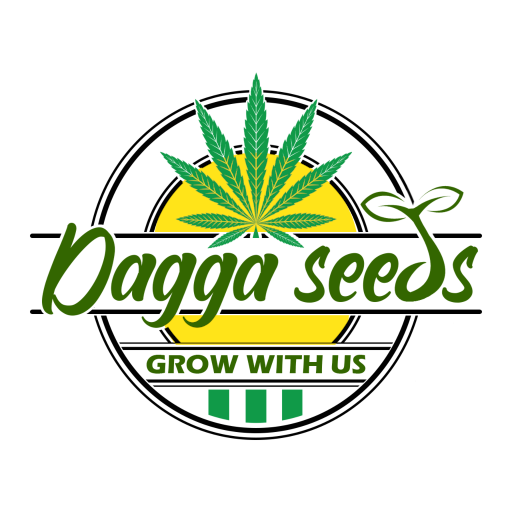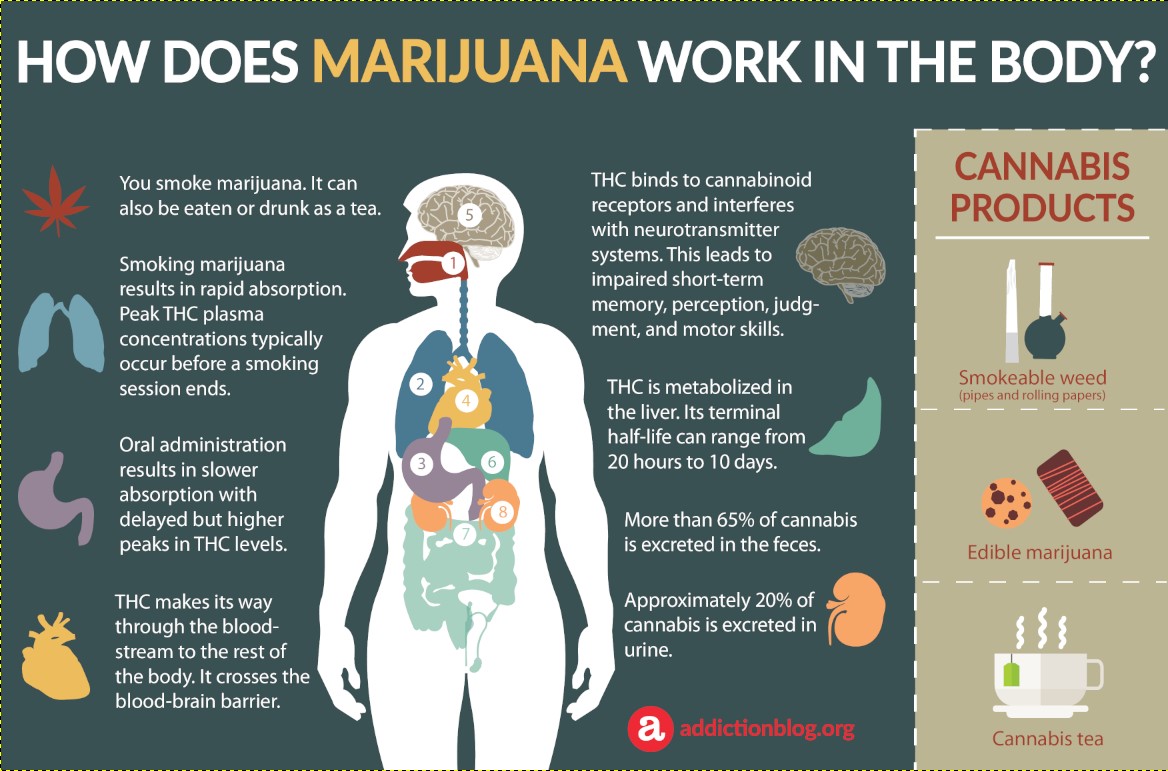With so many new Cannabis products in the industry, there are many mechanisms to ensure the desired amount of THC hits your bloodstream. The two major methods of delivering this precious compound to your body are either by smoking or eating marijuana.
You can smoke cannabis through many different methods: a pipe, spliff, joint, blunt, bong — you name it. But, you may very well eat the herb, and there are plenty of ways to ingest cannabis it as well. You can “eat weed” in marijuana-infused brownies, cakes, pasta, ice cream, sweets, sandwiches, smoothies, and more. With all these tempting options, the choice is almost overwhelming, especially for beginners. Both smoking and eating marijuana have their pros and cons. It’s actually pointless to compare them in terms of which method is better. However, it doesn’t mean smoking and eating weed will give you the same kind of experience. It won’t — and this article explains all substantial differences between smoking vs eating marijuana.
What’s the Actual Difference Between Smoking vs Eating Marijuana
In this section, we discuss the major differences between smoking vs eating marijuana. Of course, the main difference lies in the type of high provided by each of these methods. There are also some seemingly minor differences that may prove decisive for choosing your go-to way to consume weed.
Let’s shed some light on these aspects.
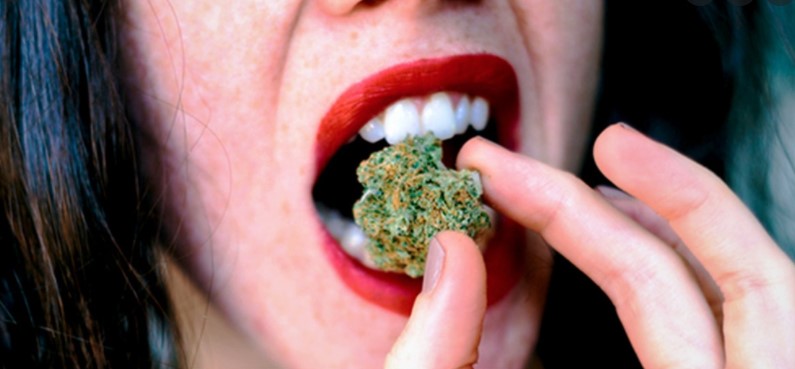
Absorption Rate
Anybody who’s experienced smoking marijuana and eating a herb-infused edible is aware of the difference in the high. Edibles take longer to take effect, but once they do, the high feels much stronger and more “spacey.”
Are you’re wondering why a handful of medicated gummies got you couch-locked more than a series of bong rips? The answer is simple — because cannabinoids are absorbed differently by the body.
When you smoke or vape marijuana, THC takes a more direct pathway to the brain. Once it enters your lungs, it gets absorbed directly into the bloodstream. This gives you the almost immediate effects and their shorter duration.
When ingested orally, the cannabinoids in weed have to be metabolized by the liver. This metabolite has a more efficient way of crossing the blood-brain barrier and thus may result in a more intense high.
Marijuana Absorption Rate
Onset Time
As mentioned, marijuana edibles require more processing due to the fact that they need to be metabolized by the liver. It can take anywhere between 30 minutes and 2 hours for the THC to show its psychoactive properties.
As opposed to edibles, smoking or vaping your weed can deliver the effects almost immediately after a hit. The onset time of smoked marijuana also depends on the strain. Plus how much you just smoked, but it shouldn’t take more than 10 minutes until you can tell you’re high.
Type of High & Duration
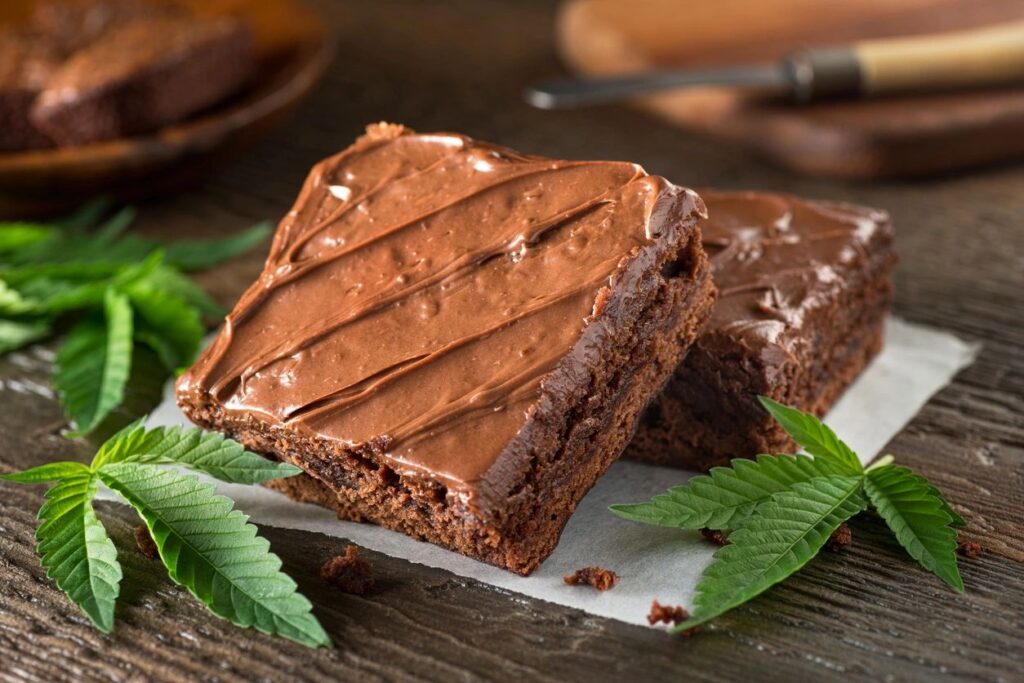
Edibles have a slightly delayed onset time, but once ingested it can be one of the most unique feelings you’ll ever experience. The effects will start to show up gradually and last anywhere from 4 to 6 hours. Some people have reported a 12-hour-long high after eating too much of the weed goodies. The high is usually heavier and more spacey. Don’t be afraid if a humble weed brownie will get you wasted for hours, it happens.
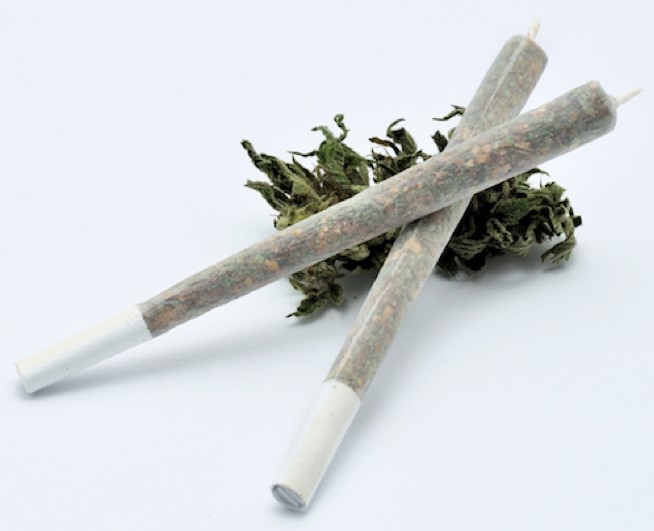
As for smoked marijuana, the high is more delicate as long as you keep your intake of weed in moderation. Anything consumed excessively can cause you to experience adverse reactions and weed is no exception. Any unpleasant effects resulting from smoking too much should wear off within the next 15-20 minutes. Ultimately, the high will disappear within the next hour or so.
Dosing
Smoking marijuana is much easier to dose than cannabis edibles. When you smoke a joint, it’s easily telling when you’re all lit and happy given the fast onset time of effects. With edibles, it’s a completely different story. Determining the THC content of a homemade batch of edibles is a difficult task, and even professionals have difficulties meeting the advertised dose. Consumers sometimes report that the same product hits them harder the second time they tried it.
In legal markets, 10 milligrams of THC is taken as a “standard” single dose. For example, a 100mg chocolate bar should have 10 squares with 10 mg of THC per square. Consuming a whole bar may get you way too high depending on your tolerance.
This brings another problem to the table. Because of the delayed onset of effects, consumers sometimes overestimate their capabilities, ending up eating more THC than they can manage.
Keep in mind that everyone is different and some people need to wait longer until THC is metabolized by the liver. Many factors come into play: the weight of the user, their metabolism, and whether they consumed their edibles on an empty stomach. On the whole, it’s better if you wait a bit longer than eat one cookie too many and experience a green out.
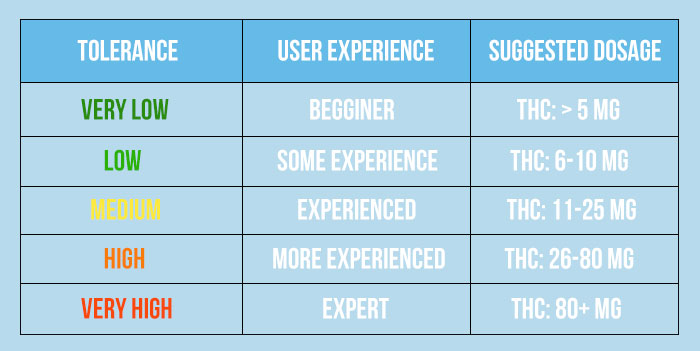
Smoking vs Eating Marijuana: Which Method is Healthier?
The growing interest in edibles results from the increasing health awareness of cannabis consumers. Many people don’t enjoy the harshness of smoking or they are worried about the long-term side effects.
Vaporizing is another healthier alternative commonly recommended, but it involves higher upfront costs. Besides, edibles can often provide longer-lasting relief from chronic conditions like pain, or inflammation, making them a preferred choice for some marijuana users.
Edibles are healthier than smoked marijuana due to the lack of smoke and potentially hazardous byproducts. Healthy consumers often lean toward cannabis edibles and are ready to sacrifice the onset time provided by the classic joint for the sake of their well-being.
Summary of the Differences Between Smoking vs Eating Marijuana
Choosing between smoking vs eating marijuana boils down to several basic differences. Check out a summation of the pros and cons.
Smoking vs eating marijuana differs in terms of the absorption of cannabinoids, the onset of effects, the type of high you will experience, its potency, as well as dosing requirements.
Smoked weed will show its effects much faster than edibles. You can control the high simply by passing the joint when you think you’ve had enough. Or roll a small joint that will be tailored to your tolerance to THC. The downside of smoking marijuana is the obvious risk associated with burning the plant material and much shorter duration of effects compared to edibles.
THC-infused food, on the other hand, needs some time to exhibit the effects, but once they set in, the high and medical benefits will last much longer than after a joint or two. The risky part about edibles is getting the dosage correct. It’s difficult to measure the perfect dose of edible products in both homemade and commercial goods, so this type of weed products should always be approached with caution.
